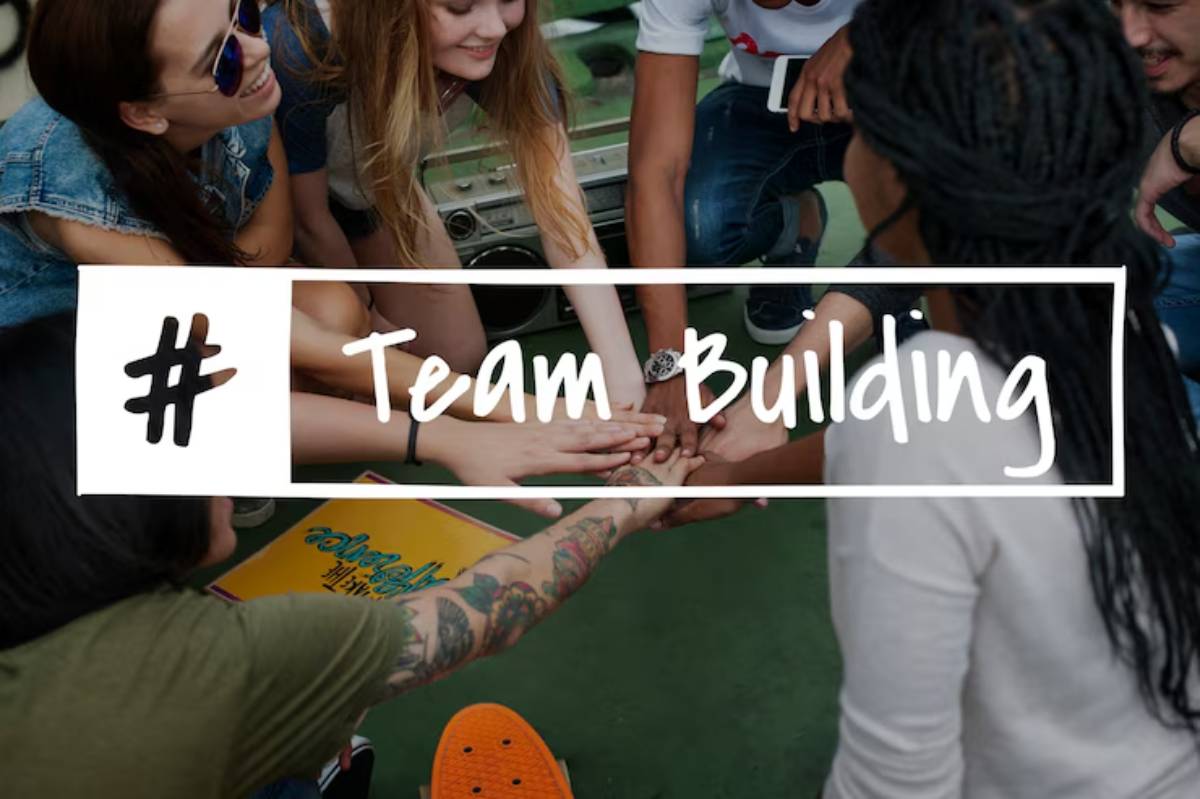
How to Organise a Local Esports Tournament
Esports is no longer confined to large arenas and global tournaments. Local esports tournaments are thriving and offer a great way to bring together your community. If you’re passionate about gaming and want to host your own event, this guide will walk you through the full process.
This guide covers everything from local esports event setup to hosting your first community gaming tournament, and provides practical advice for grassroots esports planning.
Pro Tip: Small tournaments are where the next generation of esports stars and communities are born.
Quick Guide: Why Host a Local Esports Tournament?
- Promote gaming culture in your community
- Support amateur players and teams
- Provide networking and entertainment opportunities
- Develop event planning and leadership skills
- Help grow grassroots esports
Important: Planning takes time and teamwork. Start early and stay organised.
Step-by-Step: How to Plan Your Local Esports Tournament
Step 1: Define the Scope and Format
Decide:
- Game title(s) to be played
- Number of participants
- Tournament format: single elimination, double elimination, or round robin
- Online, in-person, or hybrid event
- Age restrictions and code of conduct policies
Quick Tip: Keep your first event small and manageable. Start with a single title and scale up as you gain experience.
Step 2: Secure a Venue and Equipment
Options:
- Gaming cafes or LAN centres
- University or school halls
- Community centres
- Private spaces with good internet access
Essentials:
- Reliable high-speed internet
- Gaming PCs or consoles
- Power supplies and backup equipment
- Tables, chairs, and comfortable seating
- Audio-visual equipment for streaming or live viewing
Pro Tip: If you’re running a LAN tournament, check out our guide on managing internet infrastructure for tournaments. Always perform a dry run of the setup to test stability.
Step 3: Get the Right Permissions and Insurance
Depending on the size and location:
- Obtain any permits needed for large gatherings
- Check if insurance is necessary to cover equipment or liability
- Follow any COVID-19 safety or health protocols
- Understand local gaming age restrictions and any gambling regulations related to prize pools
Quick Tip: Check local regulations before announcing your event. It is better to resolve issues early.

Step 4: Build a Team of Volunteers
Running a tournament is a team effort.
Roles to assign:
- Tournament organiser
- Registration and check-in helpers
- Referees or judges
- Caster and stream crew
- Technical support and setup crew
- Security and first aid support
Pro Tip: Clear communication channels prevent last-minute confusion. Set up a group chat or communication hub for real-time updates.
Step 5: Set the Tournament Schedule
Create a clear timeline:
- Registration and check-in time
- Match start and end times
- Break periods
- Finals and award ceremony
- Time for player warm-ups
Quick Tip: Learn how the pros do it by exploring how tournament schedules are built. Factor in additional time for unexpected delays.
Step 6: Promote Your Tournament
Use:
- Social media (Twitter, Instagram, TikTok)
- Local gaming forums and communities
- Flyers at schools, universities, and gaming stores
- Partnerships with local businesses
- Create a dedicated event page or website
Pro Tip: Early and consistent promotion boosts player registration numbers. Use countdowns and teasers to generate excitement.
Step 7: Handle Registrations and Payments
- Use online tools for player sign-ups (e.g. Smash.gg, Challonge)
- Decide if the event will be free or have a registration fee
- Set clear rules and codes of conduct for participants
- Limit the number of slots available to match your venue capacity
Quick Tip: Always collect player contact details for smooth communication. Create digital waivers if necessary.
Step 8: Plan for On-Site Needs
Think ahead:
- Check power and internet reliability
- Provide refreshments or nearby food options
- Have first aid and emergency contacts available
- Prepare contingency plans for technical issues
- Consider player comfort: seating, ventilation, restroom access
Pro Tip: Walk through the space the day before to check setup and equipment. Prepare spares for essential equipment like cables and controllers.
Step 9: Run the Tournament
- Stick to the schedule as closely as possible
- Communicate any changes immediately
- Ensure fair play and resolve disputes quickly
- Keep players and spectators informed and engaged
- Provide a great experience for both players and attendees
Quick Tip: Stay calm and flexible. Expect the unexpected. Create a feedback form to capture impressions post-event.

Step 10: Celebrate and Review
After the tournament:
- Host an awards ceremony for winners
- Thank all players, volunteers, and sponsors
- Gather feedback through surveys or social media
- Document lessons learned for your next event
- Post match highlights, player interviews, and behind-the-scenes content to build your event brand
Pro Tip: Use post-event momentum to announce your next tournament date.
Common Mistakes to Avoid
| Mistake | Solution |
| Not testing internet and equipment beforehand | Conduct a full test run before tournament day |
| Poor time management | Use a detailed schedule and assign roles |
| Underestimating player turnout | Cap entries if space or resources are limited |
| Failing to communicate clearly | Regularly update players and volunteers |
| Ignoring safety and legal requirements | Always follow local guidelines and obtain necessary permits |
Frequently Asked Questions
Do I need experience to organise a tournament?
Not necessarily. Enthusiasm, planning, and a good team are the most important factors.
How much does it cost to run a local esports tournament?
Costs vary by size and location. Small tournaments can be run for minimal costs if using community spaces.
Can I charge players to participate?
Yes, as long as you clearly communicate any fees and what they cover.
What happens if technical issues occur on the day?
Have backup plans and technical support ready.
How can I grow my event in the future?
Collect feedback, improve the experience, and build partnerships with local businesses and sponsors.
What are the best games to choose for a grassroots tournament?
Popular choices include Rocket League, Valorant, Super Smash Bros, League of Legends, and Counter-Strike.
Do I need streaming or broadcasting at my first event?
Optional, but streaming adds professionalism and expands your audience.
Make Your Local Tournament a Success
Running a community esports event is incredibly rewarding. By following these steps for local esports event setup, designing a well-run community gaming tournament, and applying solid grassroots esports planning, you can help your local gaming scene thrive.
Stay organised. Communicate clearly. Bring your local gamers together for an unforgettable tournament.


